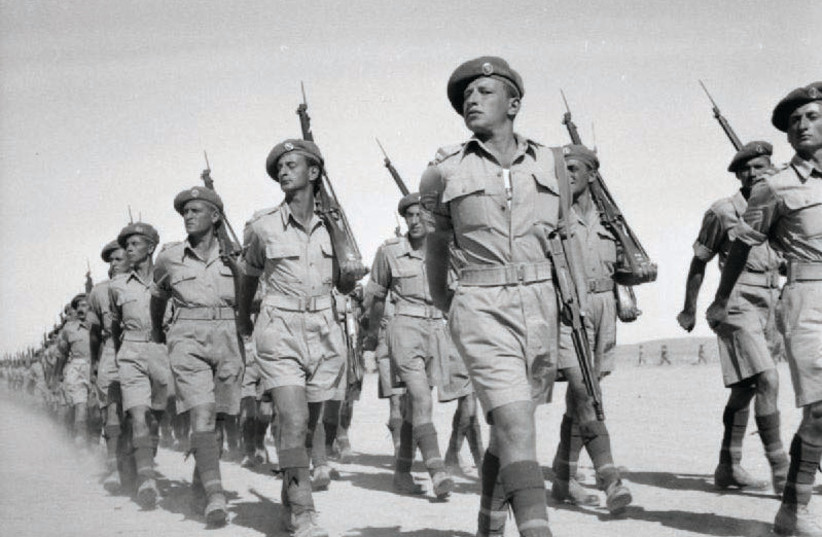Don’t judge a book by its cover, so we are told. In fact, Voyage to the Wall has a very attractive cover, designed by Frank Nicolo. What I found off-putting was that across the cover is a testimonial by James Patterson, not one of my favorite authors. However, in this case I have to agree with him, “It is incredibly readable, intelligent and highly emotional.”
Author Manning Rubin previously published Keep Your Brain Alive and 60 Ways to Relieve Stress in 60 Seconds, both written in collaboration with Dr. Lawrence Katz. Well, he certainly knows a thing or three about keeping the brain alive: At 95, Rubin has written this brilliant debut novel. The novel is semi-autobiographical. The first part relies heavily on the author’s experiences in Germany in the US Army of occupation in the immediate aftermath of World War II and the Holocaust.

